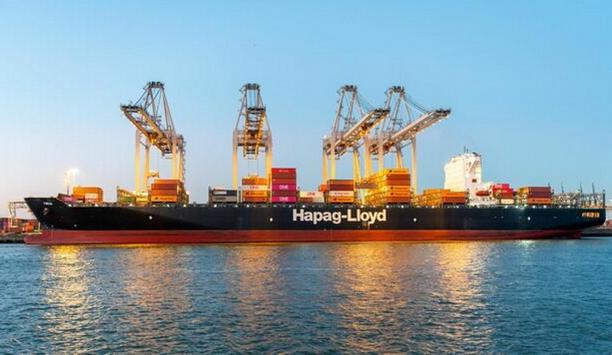The World Shipping Council (WSC) is calling on the EU to design policy frameworks that facilitate the essential role of shipping in a globally connected economy and to forge the path to net-zero shipping by 2050 in partnership with industry.
2024-2029 legislative term
Outlining its recommendations for the 2024-2029 legislative term, the WSC urges the EU to:
- Work to secure effective global greenhouse gas (GHG) reduction regulations and implement the Green Deal to ensure that the production of renewable marine fuels grows to match demand, to meet the target of decarbonising shipping by 2050.
- Intensify efforts to secure maritime supply chains against illicit trafficking and geopolitical risks, while working together with industry to enhance the safety of seafarers and the resilience of trade routes.
- Minimise customs and administrative barriers to ensure streamlined, efficient trade that will enhance Europe’s competitiveness.
Global climate regulations
Important role to play for the development of effective and efficient global climate
“The shipping industry’s contributions are essential to Europe’s economic vitality, underpinning trade, supporting employment and ensuring the free flow of goods. We urge the EU to work with us in partnership to safeguard a sustainable, competitive and secure maritime sector,” President and CEO John Butler said.
Liner shipping is pioneering the maritime sector effort to decarbonise, with nearly 60% of new vessels to be delivered before 2030 designed to run on the greenest marine fuels. The EU has an important role to play for the development of effective and efficient global climate regulations at the International Maritime Organisation by 2025. WSC is also urging the EU to implement the EU ETS and FuelEU to ensure that the full climate impact of fuels is taken into account, and so that production of renewable fuels scales to meet fleet demand.
Europe’s maritime supply
EU should foster public-private partnerships to leverage the combined expertise to bolster
On safety and security, the liner shipping industry recognises its critical role in keeping the flow of goods through Europe’s maritime supply safe and secure. To that end, the EU should in the new legislative period enhance partnerships within the EU Ports Alliance against drug trafficking, adapt and respond to new geopolitical risks, and improve sanctions compliance through collaborative frameworks.
The EU should foster public-private partnerships to leverage the combined expertise to bolster maritime supply chains for a safer, more resilient future.
Policymakers and stakeholders
To strengthen Europe’s competitiveness, the new European Commission should together with EU Member States work to boost maritime commerce through a more seamless single market and genuine customs union.
The WSC looks forward to partnering with European policymakers and stakeholders to enhance trade facilitation measures, leveraging our collective expertise to ensure Europe remains competitive in the global economy with the support of efficient, streamlined trade practices.












